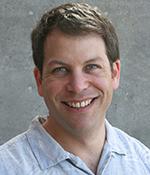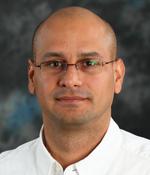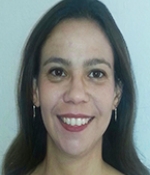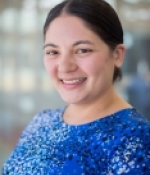 |
David ArdellProfessor, Molecular & Cell Biology Computational biology of gene expression systems, including:
|
dardell@ucmerced.edu(209) 228-2953Full Profile |
 |
Patricia LiWangProfessor, Molecular & Cell Biology
|
pliwang@ucmerced.edu(209) 228-4568Full Profile |
 |
Nestor OviedoProfessor, Molecular & Cell Biology
|
noviedo2@ucmerced.edu(209) 228-4541Full Profile |
 |
Axel ViselAdjunct Professor, Molecular & Cell Biology | avisel@ucmerced.eduFull Profile |
 |
Zhong WangAdjunct Professor, Molecular & Cell Biology | zwang37@ucmerced.eduFull Profile |
 |
Maria-Elena ZoghbiAssociate Professor, Molecular & Cell Biology | mzoghbi@ucmerced.eduFull Profile |
 |
Chris AmemiyaProfessor, Molecular & Cell Biology | camemiya@ucmerced.eduFull Profile |
 |
Ramen SahaAssociate Professor, Molecular & Cell Biology Epigenetic mechanisms of neuronal gene transcription and their role in mental health. |
rsaha3@ucmerced.edu (209) 228-2425Full Profile |
 |
Clarissa NobileProfessor, Molecular & Cell Biology Professor Nobile's research is directed toward understanding the molecular and mechanistic basis of microbial communities. Her lab is interested in investigating how transcriptional networks underlie the regulation of gene expression during biofilm development. Much of this work is carried out in the species Candida albicans, the most prevalent fungal pathogen of humans. The lab is also beginning to study interspecies interactions between different fungal and bacterial species. Questions that the lab is currently pursuing include: How are microbial communities regulated? How are microbial communities built? How are their unique and specialized properties maintained? How have microbial communities evolved? |
cnobile@ucmerced.edu(209) 228-2427Full Profile |